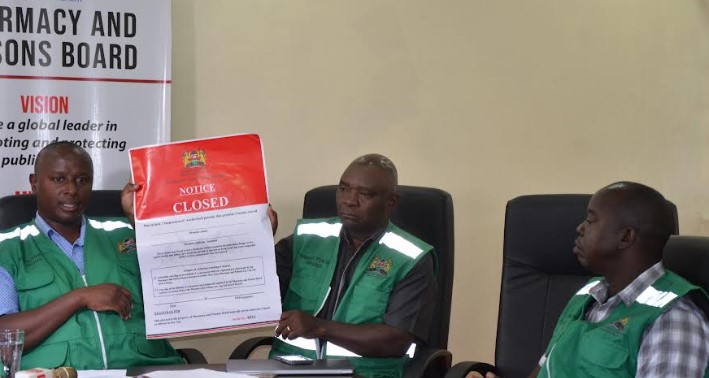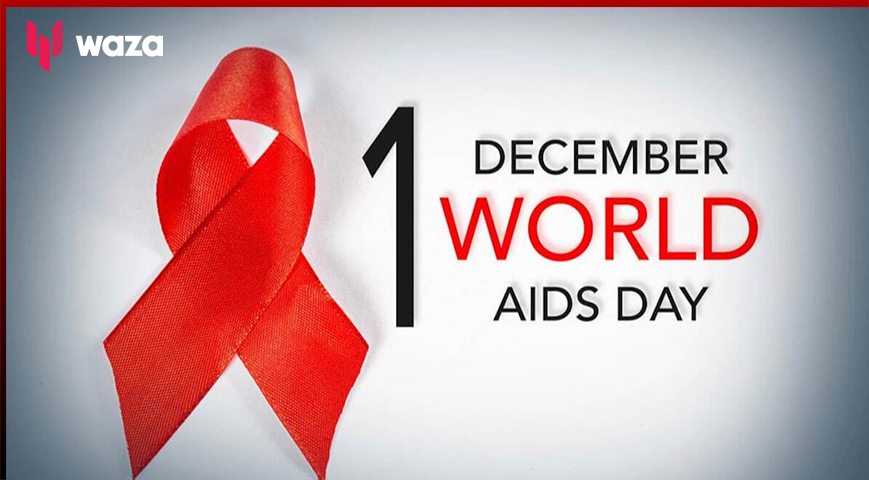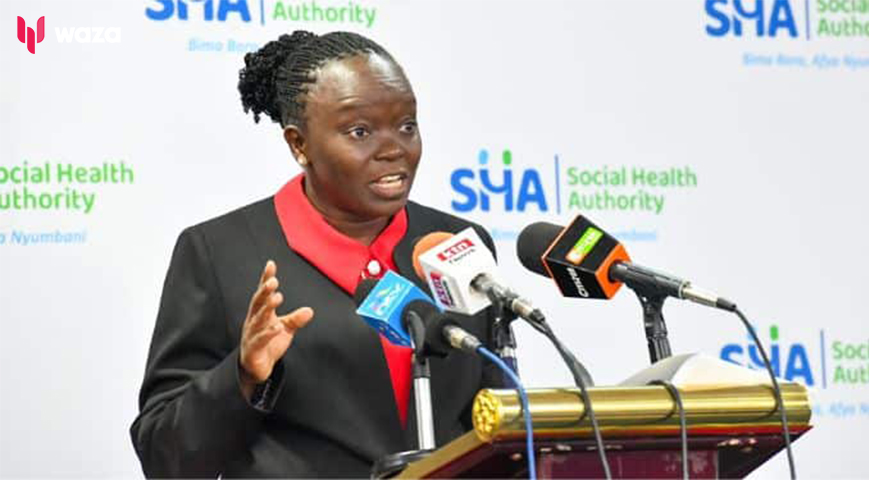70 people have been arrested and 94 pharmaceutical outlets closed down in Central, Nairobi and Kajiado regions by the Pharmacy and Poisons Board following a weeklong crackdown.
In the course of the operation that targeted illegal businesses in the counties of Kajiado, Kiambu, Kirinyaga, Nairobi, Nyandarua, Nyeri, and Murang'a, PPB inspectors working with Kenya National Police Service officers and National Government Administrative Officers were able to make 54 arrests in the counties of the Central region and 16 in Nairobi for violating various provisions of the Pharmacy and Poisons Act.
The primary objective of the operation, according to Dr Tom Mwangi, the Central Region Regulatory Coordinator, was to examine, report, look into, and punish infractions relating to health items and technologies.
The board also planned to close down buildings that were legitimately registered but were being run by unqualified individuals.
Dr Mwangi said that they had also intensified their surveillance of wholesalers to ensure that they cut the supply chain for the illegal premises.
“At least 70 people have been placed under arrest and registered for prosecution in various courts. Some of the charges include operating unlicensed premises, selling drugs in unregistered premises and, selling drugs in the absence of a registered pharmacist,” noted Dr Mwangi.
In total, 23 locations were closed in the counties of Muranga, Kiambu, Nyandarua, and Kirinyaga, as well as 21 in Kiambu.
The board also shut down 14 pharmacies in Nairobi and 12 in Nyeri County. According to Dr Mwangi, all locations that were discovered to be operating unlawfully have already received closure notifications.
“The board now seeks the support of the police service, members of public and NGAOs in ensuring that the premises so ordered closed are not reopened and informing the board of any irregularities they might come across in those outlets,” he said.
Dr Mwangi observed that the battle against unlicensed pharmacies and other industry malpractices was starting to bear fruit because fewer cases were being reported in the area.
He explained the drop as the result of frequent crackdowns and the PPB's collaborative strategy, which has seen them work with the Kenya Police Service, NGAOs, the judiciary, and the general public to combat the vice.











